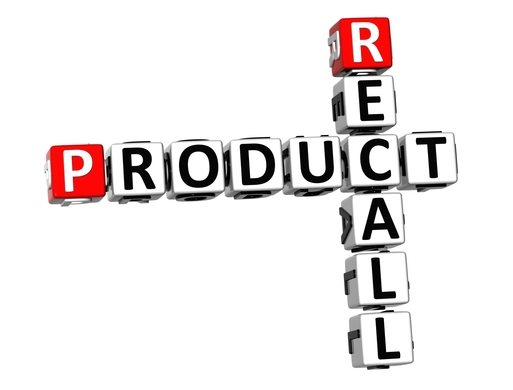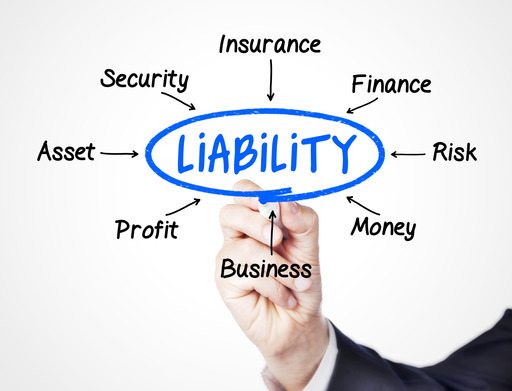In less than a second, a product defect can cause potentially life-changing injuries. While motor-vehicle malfunctions tend to make national headlines, thousands of recalls take place each year due to potentially harmful goods.
Sadly, many of these injuries require ongoing treatment or cause permanent disabilities. In severe cases, product malfunctions lead to wrongful death lawsuits.
However, just because a product injures a person does not necessarily mean that he or she has valid grounds for a claim. There are several factors that determine if another party was indeed liable for the injuries.
If you have suffered an injury due to a defective item in New Mexico, then an Albuquerque personal-injury lawyer can determine if filing a lawsuit may be in your best interests. To schedule a free consultation, call The Law Office of Brian K. Branch, PC at 505-207-4401.
In the meantime, read on to learn two questions that can influence a products liability case:
- What Constitutes a “Defective Product?”
Just because a product malfunctions does not mean that users can sue the manufacturer or another party. In order to do so, the defect must have caused a specific injury.
- Who Is Liable for a Defective Product?
Liability is an important element in any personal-injury case. The liable party is the person or company that is responsible for paying damages. Depending on the origin of the defect, there are at least three different sources of liability.
Starting with the designer, a product may have one or more major defects that are inherent in its planning stages, according to Cornell University. A defective product case will examine whether or not this is the origin of the malfunction and will seek rewards from the designer directly.
If the design was not to blame, then it is possible that the defect originated from either the manufacturing or the retail end. If the issue happened during the manufacturing process, then it is possible that the defect may exist in more than just one item.
However, a retail mistake might result in a single case. Either way, the manufacturer or the retailer who sold the product may be held liable for the defect. If you can prove that a flaw in the design, mistake in the manufacturing or possible oversight from the retailer resulted in a defect that caused an injury, then you have the option to sue either one or more of these sources.
A successful lawsuit may result in damages to cover medical bills, as well as compensation for pain and suffering. You may also receive compensation for lost income due to time off work.
If you were recently the victim of a defective product and would like to explore the possibility of taking legal action, contact The Law Office of Brian K. Branch, PC today for a free consultation. Mr. Branch can determine if you may have valid grounds for a lawsuit. Call us today at 505-207-4401 to learn more.





